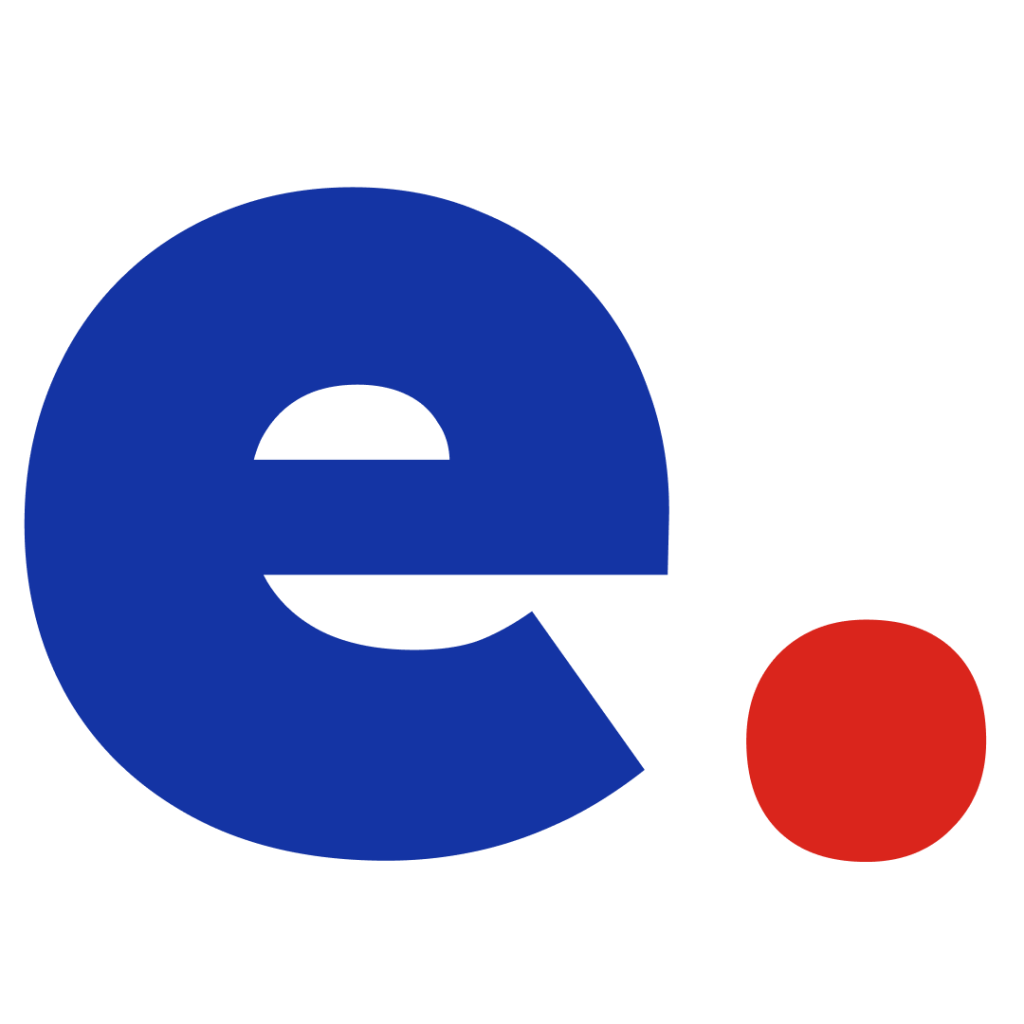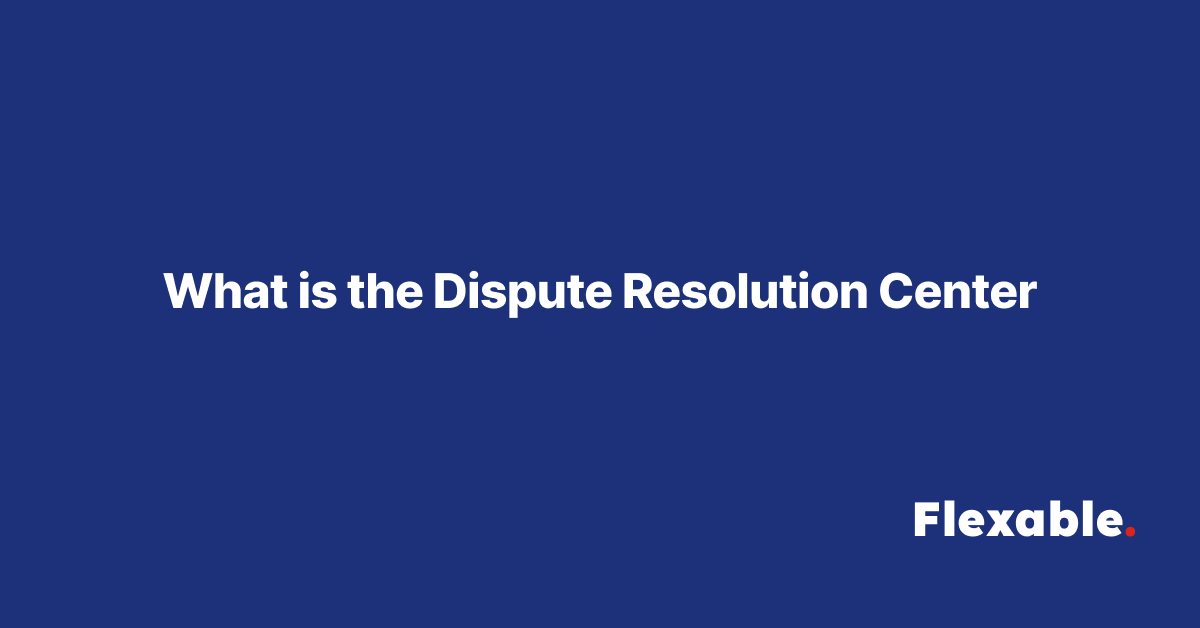The Dispute Resolution Center is a dedicated feature or service offered by many freelancing platforms to help resolve conflicts between freelancers and clients. It provides a structured framework to address disagreements professionally, ensuring both parties are treated fairly. As freelancing continues to grow, with millions of projects being undertaken globally, disputes can occasionally arise over payments, deliverables, or contract terms. A Dispute Resolution Center acts as a neutral mediator to protect the interests of both freelancers and clients, preserving the integrity and trust within the platform.
The Role of a Dispute Resolution Center
Freelancing relies heavily on trust and communication. However, misunderstandings, missed deadlines, or scope-related disputes can sometimes disrupt the relationship. The Dispute Resolution Center is designed to:
- Provide a Fair Mediation Process:
It ensures that both parties have the opportunity to present their side of the story before a resolution is determined. - Enforce Platform Guidelines:
Platforms like Upwork, Fiverr, and Freelancer typically have detailed terms of service that govern transactions. The Dispute Resolution Center ensures that disputes are resolved within the framework of these guidelines. - Mitigate Escalation:
By resolving issues directly through the platform, it prevents disputes from escalating to legal battles, saving time, money, and stress. - Safeguard Payments:
Many freelancing platforms use escrow systems to hold funds securely until a project is completed. The Dispute Resolution Center helps determine the rightful recipient of these funds in case of disagreement.
Common Scenarios for Dispute Resolution
While most freelancing projects proceed without issues, disputes can arise for various reasons. Common scenarios include:
- Non-Payment or Late Payment:
The client refuses to pay for the completed work or delays payment beyond the agreed terms. - Incomplete or Unsatisfactory Work:
The freelancer delivers work that does not meet the agreed-upon standards or fails to complete the project altogether. - Scope Creep:
The client demands additional work outside the original agreement without proper compensation. - Missed Deadlines:
The freelancer is unable to deliver work within the agreed timeline, causing inconvenience to the client. - Communication Breakdowns:
Miscommunication regarding expectations or project requirements often leads to disputes.
How Does a Dispute Resolution Center Work?
While the exact process may differ across platforms, the typical steps in a Dispute Resolution Center are as follows:
1. Filing a Dispute
Either the freelancer or the client initiates the process by filing a dispute. This usually involves:
- Providing a reason for the dispute.
- Submitting relevant documentation or evidence (e.g., messages, contracts, deliverables).
2. Review and Mediation
A mediator or resolution team reviews the evidence submitted by both parties. This may involve:
- Clarifying misunderstandings.
- Encouraging the parties to negotiate and reach a mutual agreement.
3. Decision Making
If a resolution cannot be reached through negotiation, the platform may step in to make a final decision. This could involve:
- Releasing funds from escrow to the rightful party.
- Refunding payments or redistributing project fees.
4. Resolution and Closure
Once a decision is made, the dispute is closed, and both parties are notified of the outcome.
Key Features of a Dispute Resolution Center
- Neutral Mediation:
The center acts as an unbiased third party to ensure fair treatment for both freelancers and clients. - Escrow Integration:
By holding funds in escrow, the platform ensures that disputes can be resolved without financial risk to either party. - Documentation Review:
Comprehensive review of contracts, messages, and deliverables ensures that decisions are made based on concrete evidence. - Timely Resolution:
Disputes are typically resolved within a set time frame to minimize project delays. - Transparency:
Most platforms provide detailed explanations of the resolution process, ensuring that both parties understand how the decision was made.
Benefits of a Dispute Resolution Center
- Fairness and Impartiality:
By relying on clear evidence and platform guidelines, the center ensures unbiased outcomes. - Trust in the Platform:
Freelancers and clients are more likely to use a platform with a robust dispute resolution process, knowing their interests are protected. - Cost-Effective:
Compared to legal action, using the Dispute Resolution Center is often free or low-cost, saving significant expenses for both parties. - Time-Saving:
Disputes are resolved more quickly compared to external arbitration or court proceedings. - Preservation of Professional Relationships:
In some cases, mediated resolutions allow both parties to continue working together, turning disputes into opportunities for improved communication.
Challenges of the Dispute Resolution Process
While highly effective, the Dispute Resolution Center isn’t without its limitations:
- Subjectivity in Evidence:
Disputes often depend on subjective interpretation of deliverables, which can make it challenging to determine a clear outcome. - Time-Intensive:
Complex disputes involving large projects or vague contracts can take longer to resolve. - Platform Fees:
Some platforms charge additional fees for dispute resolution services, which may deter freelancers or clients from filing disputes. - Emotional Stress:
The process can be emotionally taxing, especially when the outcome directly affects income or project timelines.
Tips to Avoid Disputes
- Use Clear Contracts:
A detailed agreement outlining scope, deadlines, and payment terms can prevent many misunderstandings. - Communicate Regularly:
Open and frequent communication ensures both parties are aligned throughout the project. - Document Everything:
Maintain records of all conversations, deliverables, and agreements to provide evidence in case of disputes. - Leverage Milestones:
Breaking projects into smaller milestones with regular payments reduces financial risks for both parties. - Understand Platform Rules:
Familiarize yourself with the platform’s terms of service and dispute resolution process to avoid unintentional violations.
Conclusion
The Dispute Resolution Center is a vital feature for any freelancing platform, offering a safety net for both freelancers and clients. By providing a structured and impartial process for resolving conflicts, it fosters trust, professionalism, and accountability. While no one enters a project expecting disputes, having a robust resolution mechanism in place ensures that disagreements can be managed efficiently and fairly.
Whether you’re a freelancer working on your next gig or a client outsourcing a critical project, understanding how the Dispute Resolution Center works can help you navigate challenges with confidence. It’s a testament to the evolving nature of the freelancing industry, ensuring smoother collaborations in a dynamic and competitive landscape.

